Endowed Fellowship in Psychiatry
In 1986 Walter L. and Elizabeth S. Cooper established the Walter Wellborn Endowed Fellowship Fund to honor Dr. Walter H. Wellborn, Jr. who was a close friend of the Coopers and an Emory College (‘44) and Medical School (‘46) alumnus. The award was to be given to a senior resident who will be selected on the basis of their performance and their potential for demonstrating excellence in psychiatry. In the past the fellowship has often been split among 2-3 residents with good proposals.
The fellowship will provide up to $15,000 in funding for a resident(s) to participate in a project during their residency training. Residents will submit their curriculum vitae, one letter of recommendation from their academic sponsor for the project (which could be Emory faculty or faculty at another institution if appropriate) and an application of up to three double spaced pages outlining their qualifications, a description of the project and the importance of the project in their development as a psychiatrist. The application should also include a list of specific goals for the project and a budget and are typically due in mid-January each year.
Examples of appropriate projects could include specific training in areas of psychiatry that are not available within the residency program such as training in international medical settings, certain psychotherapy techniques, developing skills in administrative psychiatry and/or quality improvement and developing expertise in a novel research approach. Applications should demonstrate a clear connection between the project and the personal development of the individual.
A panel of three faculty including the Residency Training Director, an Associate Program Director and one other faculty from the Medical Executive Committee will review the applications and rank order up to three candidates for consideration by the Chair. The Chair will then select the fellow.
The fellow will receive a plaque honoring them as the Wellborn Fellow. At the conclusion of the fellowship year, the fellow will submit a one-page summary of their project and an assessment of whether they met the specified goals and the impact of the project on their development as a psychiatrist. A summary of the project will be published in the departmental newsletter.
Previous Recipients
2025
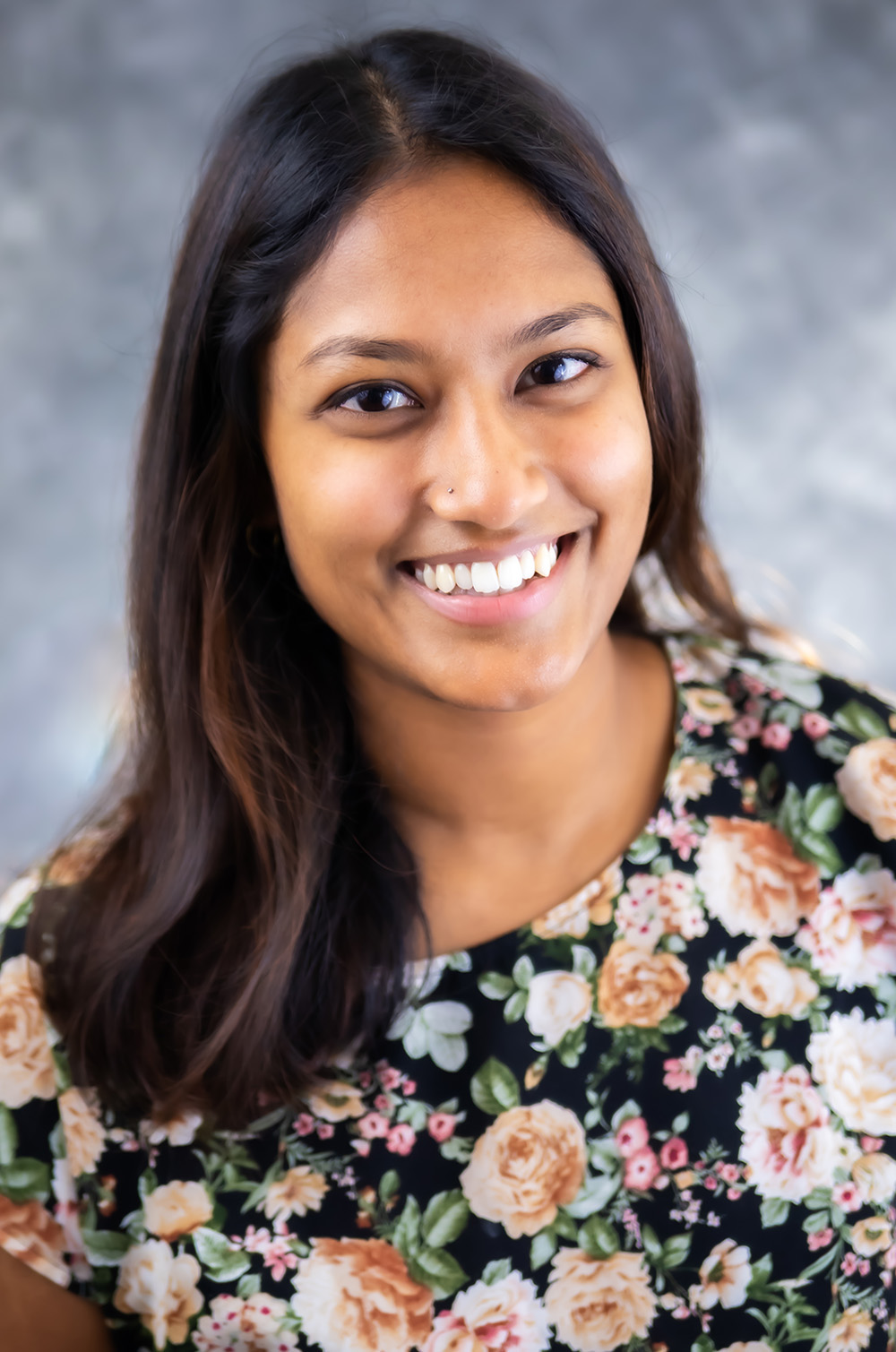
Punita Peketi
Punita Peketi received the Fellowship to participate in the ongoing, multi-departmental exchange Emory has with Addis Ababa University in Ethiopia. Her work in Ethiopia will focus on improving mental health care in underserved communities, particularly in Addis Ababa, through a combination of education, collaboration and therapeutic interventions. She plans to collaborate with local trainees and providers to design community-driven solutions, such as mental health educational programs, crisis response resources and school-based initiatives, aimed at reducing stigma and improving patient outcomes. Additionally, she intends to contribute to local training by delivering lectures, offering real-time feedback and fostering long-term collaborations to ensure sustainable improvements in mental health care access and quality.
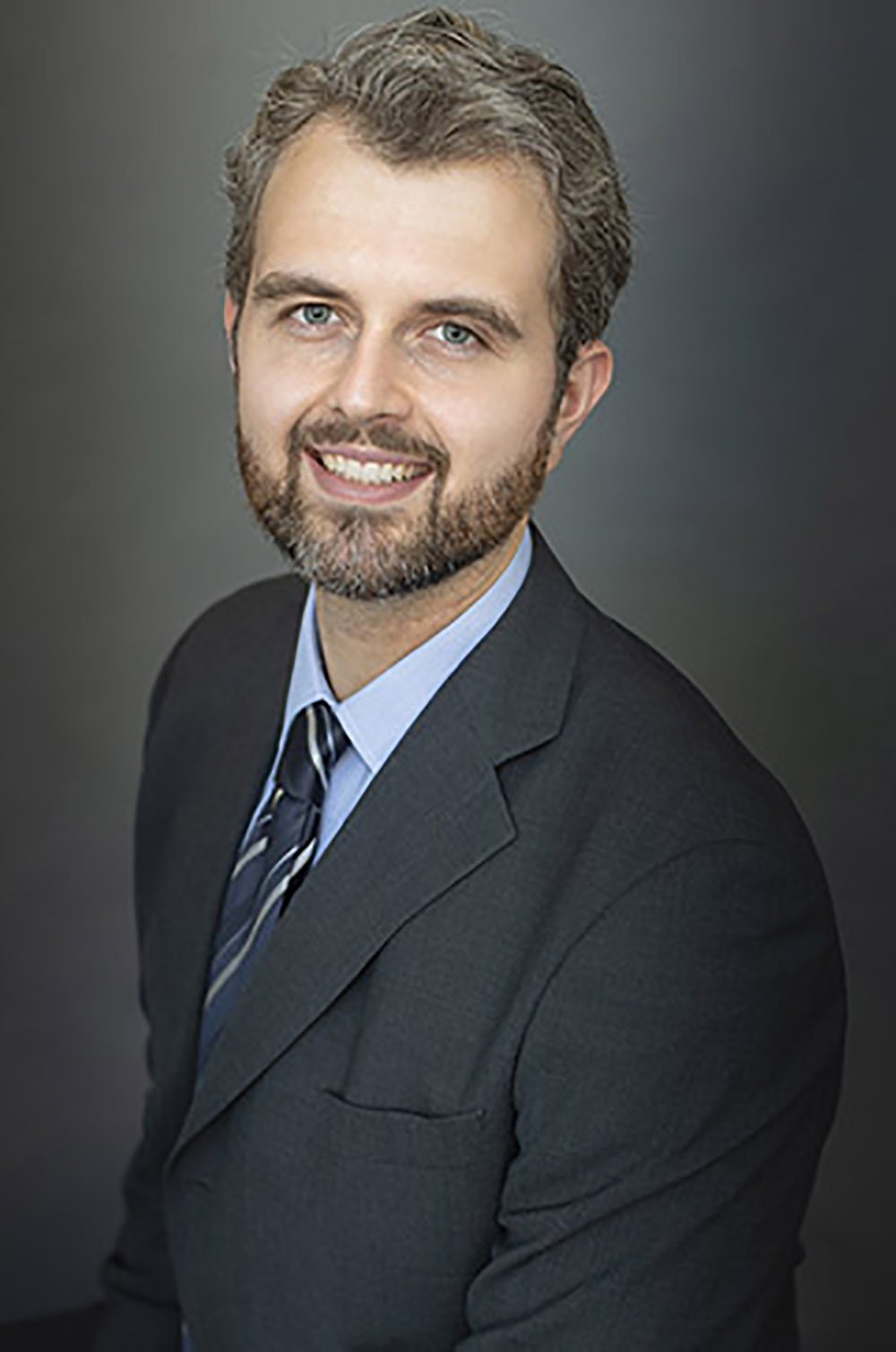
John Perna
John Perna received funds to get additional training in ketamine-assisted therapies. He plans to use the Walter Wellborn Fellowship to develop a pilot program integrating ketamine-assisted psychotherapy (IKEP) for patients with treatment-resistant depression (TRD) at Emory University, specifically using Acceptance and Commitment Therapy (ACT) within the Montreal Protocol framework. This innovative approach aims to take advantage of ketamine’s neuroplastic effects to enhance the effectiveness of psychotherapy and reduce the long-term burden of ketamine maintenance. With a strong foundation in ACT and established mentorship, he plans to conduct a feasibility study, assessing the integration of IKEP within the Emory TRD clinic and the potential benefits of this combined therapeutic approach.
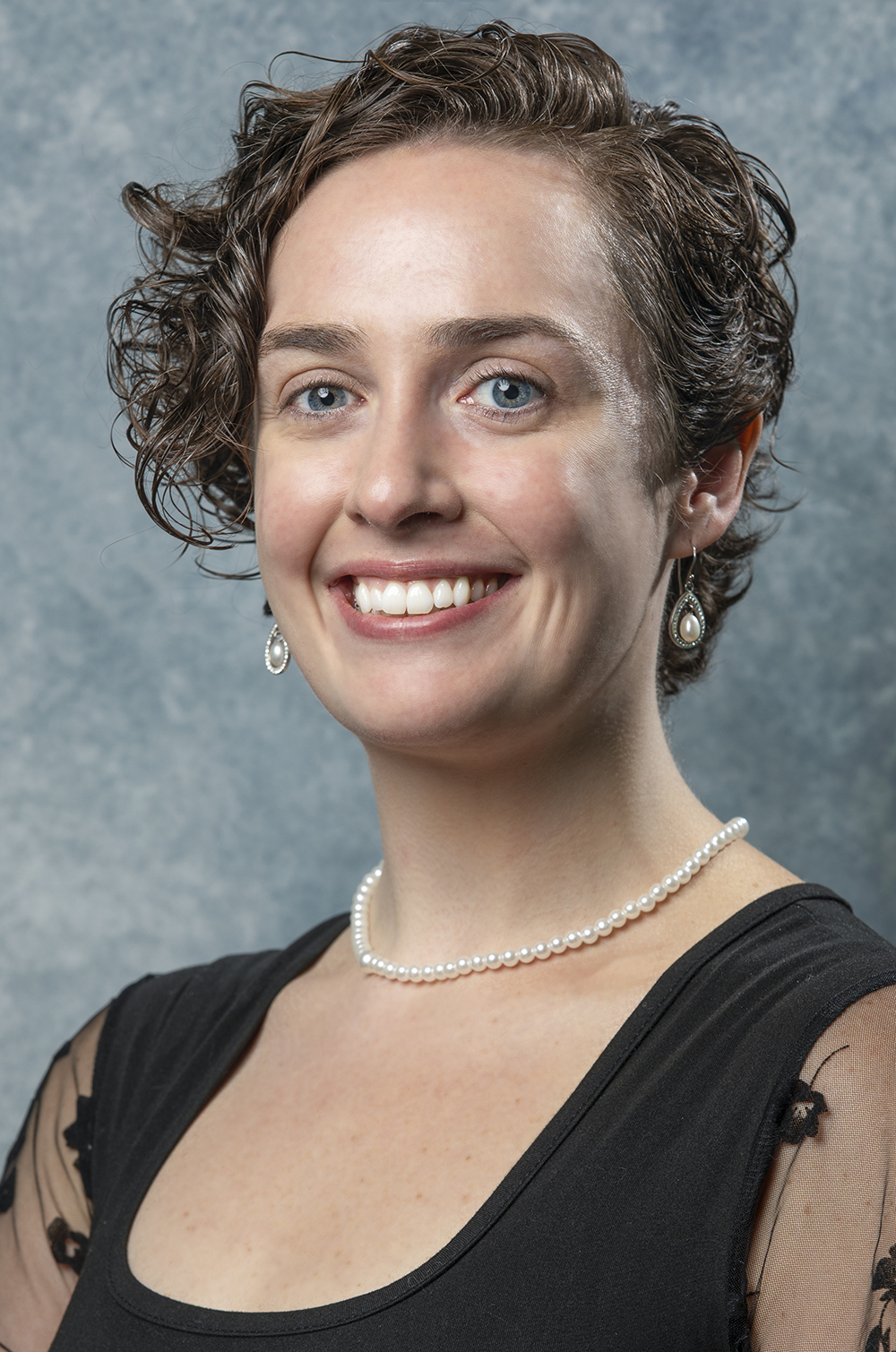
Danielle Quinn
Danielle Quinn received the award to expand her training in providing care for patients with psychotic disorders. Her project is aimed at improving care for individuals with psychotic spectrum disorders in underserved communities by expanding her expertise in evidence-based psychotherapies like Open Dialogue, Compassion-Focused Therapy and Cognitive Behavioral Therapy for Psychosis. She plans to integrate these therapies into her clinical work at Grady Memorial Hospital’s Persistent Symptoms: Treatment, Assessment and Recovery (PSTAR) Clinic, ensuring holistic and individualized care for patients. Additionally, she seeks to foster a collaborative learning environment by mentoring peers and disseminating these therapeutic approaches, ultimately creating a lasting impact on psychiatric care for underserved populations.
2024
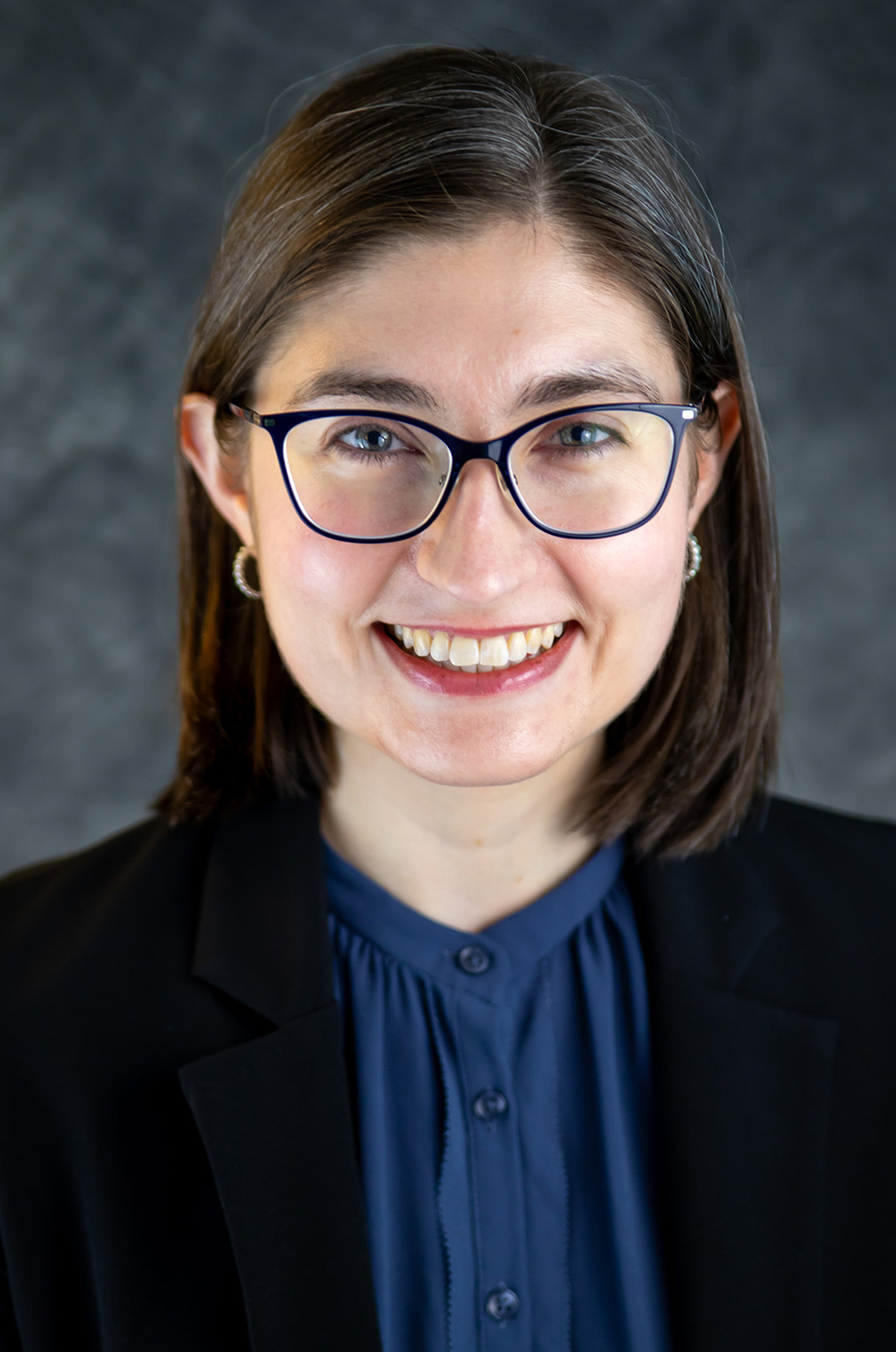
Abigail Clark received the award to support ongoing participation in the multi-departmental exchange that Emory has with Addis Ababa University in Ethiopia. She plans to cultivate the relationship between Emory Psychiatry, Addis Ababa University and St. Paul’s Millennium Medical College, aiming to improve our mutual understanding of the importance of providing culturally informed, socially contextualized treatment for patients in psychiatric settings.
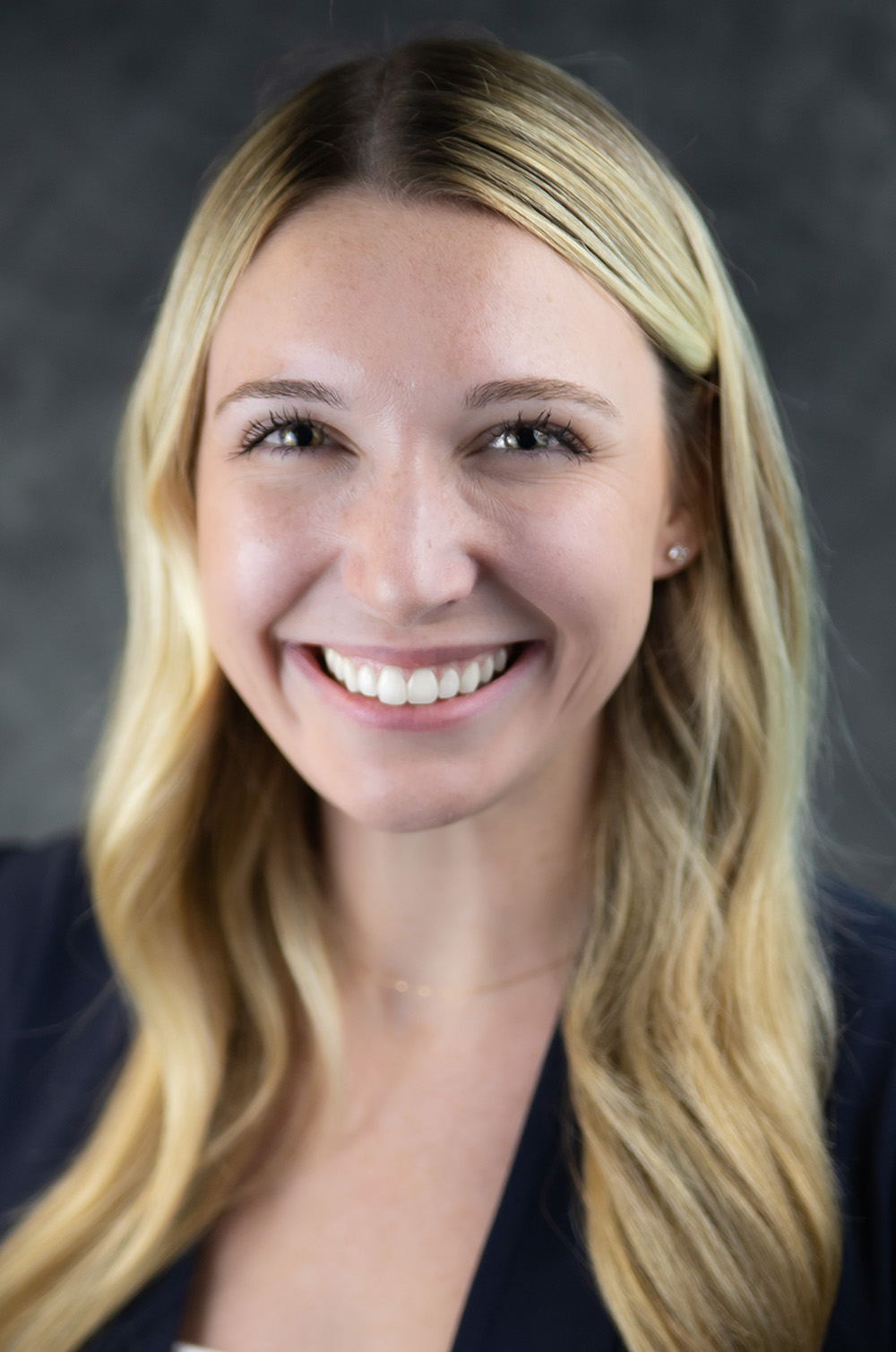
Caitlin Smith received the Fellowship to provide funds to complete a one-month elective at the University of Pittsburgh Medical Center’s Center for Eating Disorders. She will develop skills in the diagnosis, stabilization and management of eating disorders in inpatient, Partial Hospitalization Program (PHP) and Intensive Outpatient Program (IOP) settings.
2023
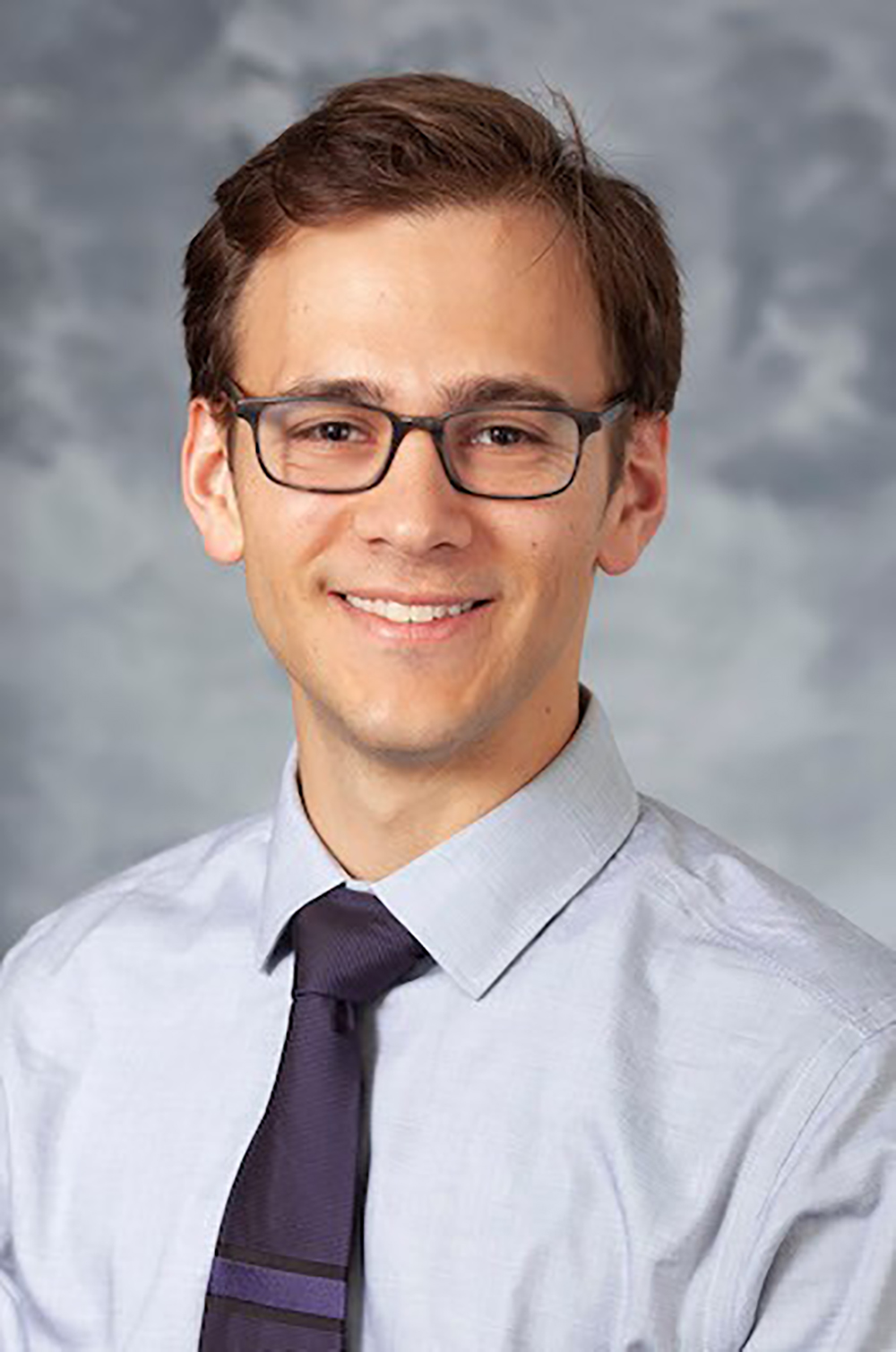
Nicholas Thompson
Nicholas Thompson received the Fellowship to provide funds to take the CBCT Teacher Training Course. It is an advanced training and focuses on how to help others learn about and practice CBCT. This training will give him the proficiency and skills he will need to be able to administer CBCT with patients and potentially apply CBCT in research settings.
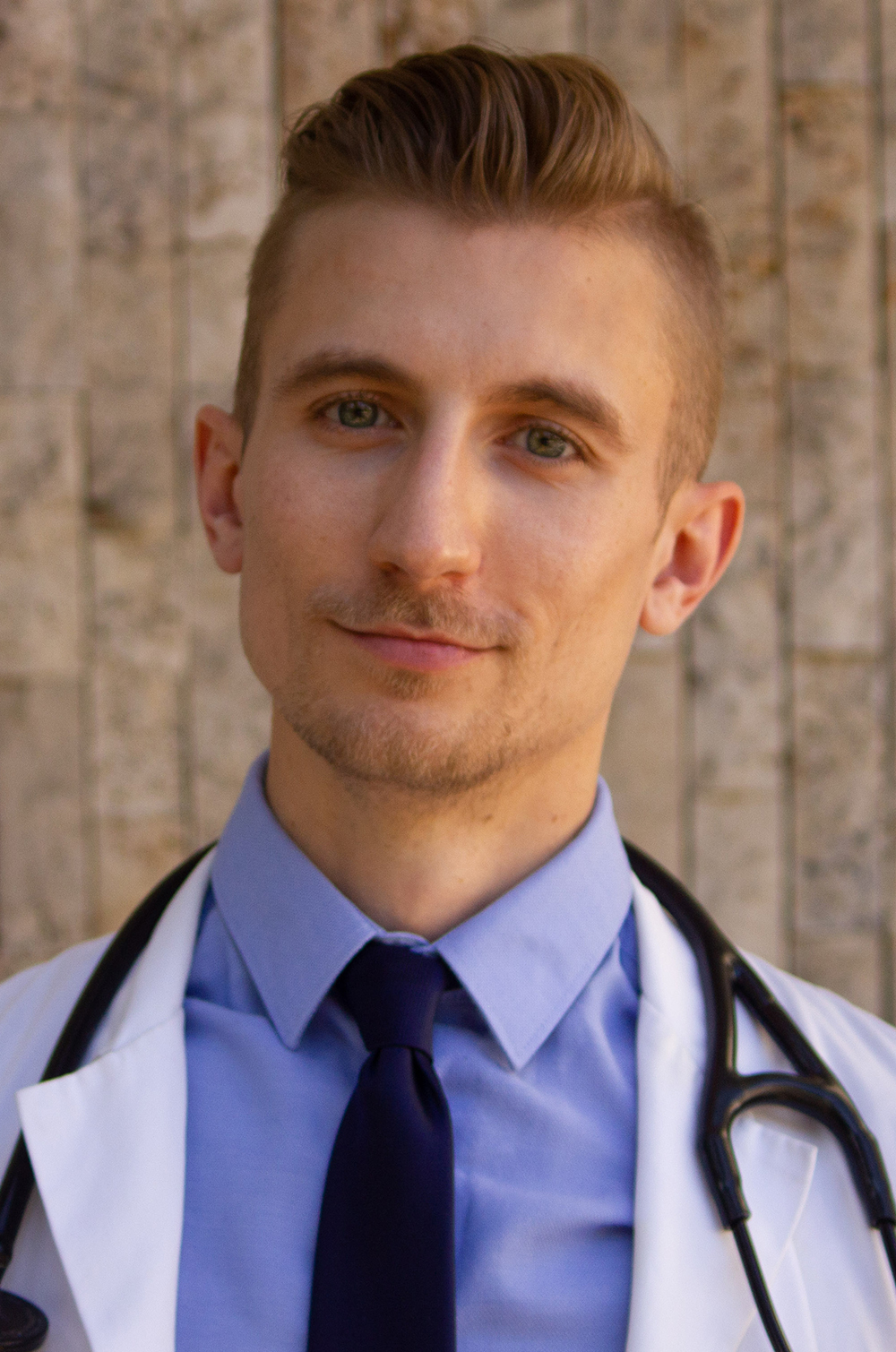
Justin Trop
Justin Trop received the award to support participation in the ongoing, multi-departmental exchange that Emory has with Addis Ababa University in Ethiopia. He plans to build on previous resident involvement and teach in inpatient and outpatient settings on a variety of topics.
2022
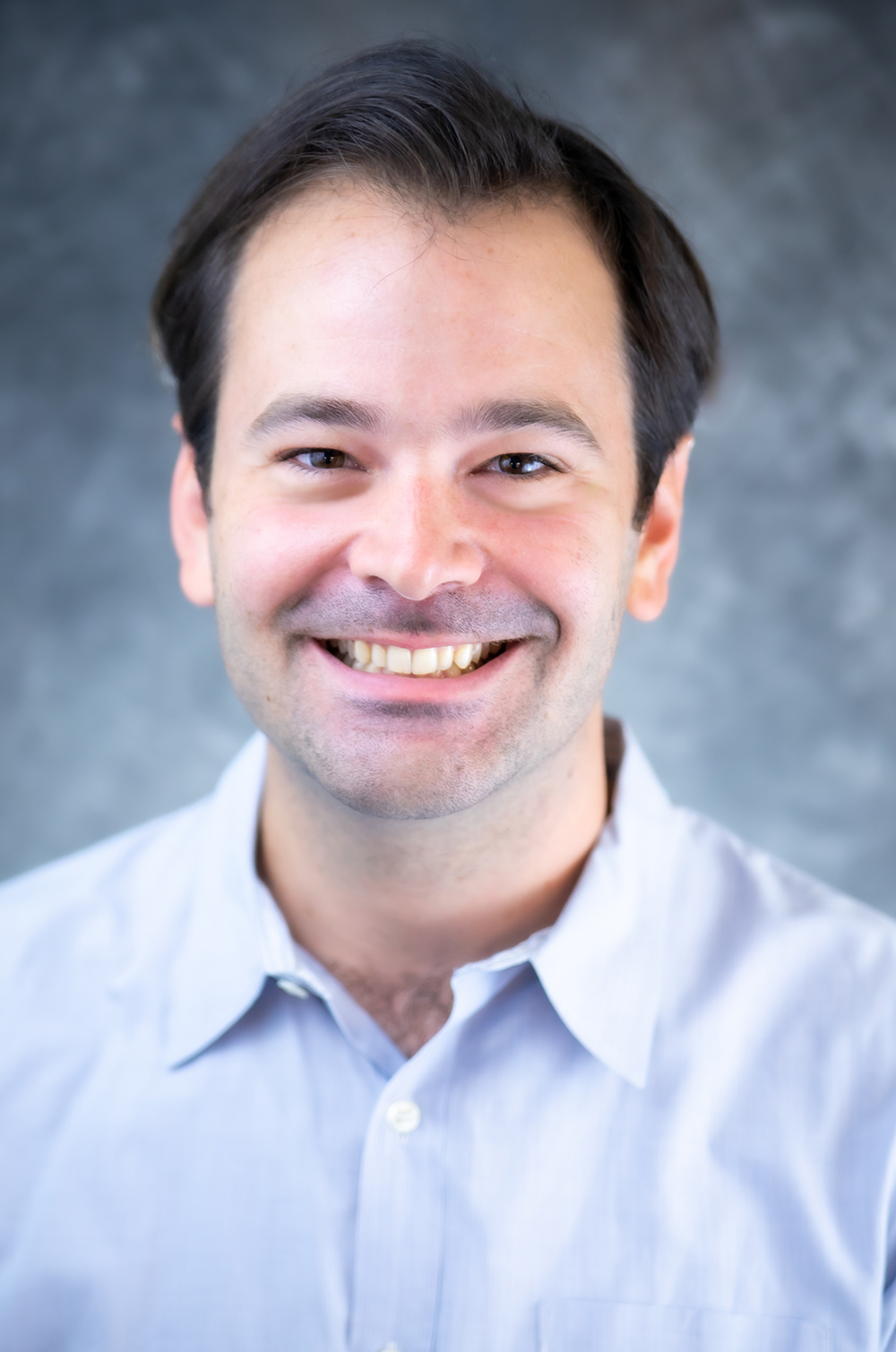
John Deppe
John Deppe was awarded the Wellborn fellowship to further his career goals in global health. The funds allowed him build on work from prior residents and the longitudinal relationship with two nascent psychiatry residency programs in Addis Ababa, Ethiopia. The project supported creating and delivering formal lectures and other curricular components.
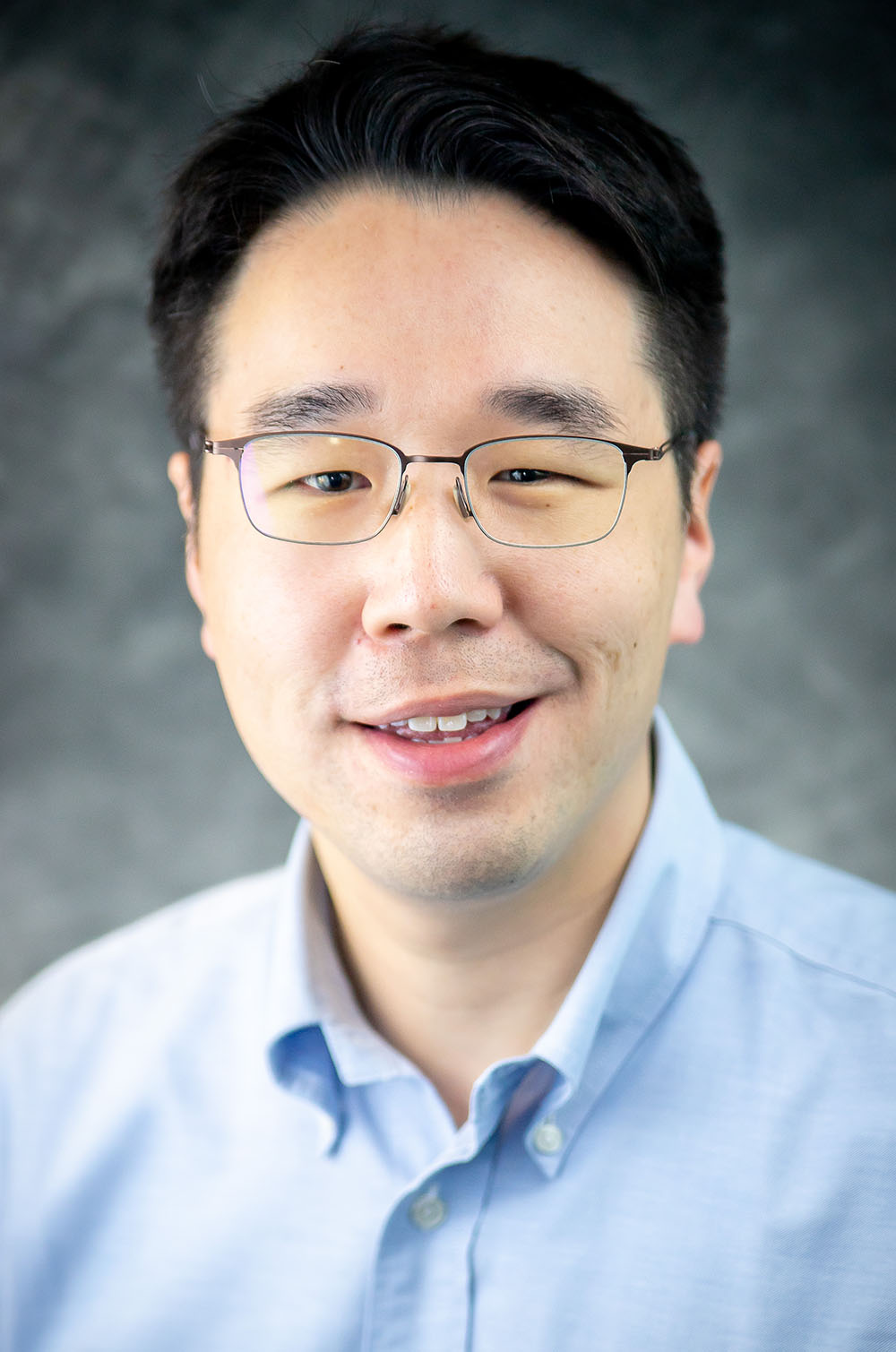
Paul Kim
Paul Kim was awarded the Wellborn Fellowship to further his research into the relationship between inflammation and depression. He used the funds to develop a model of the blood brain barrier on a microfluidic platform, that can be used to study the effect of inflammation on barrier permeability in depressed patients.
2021
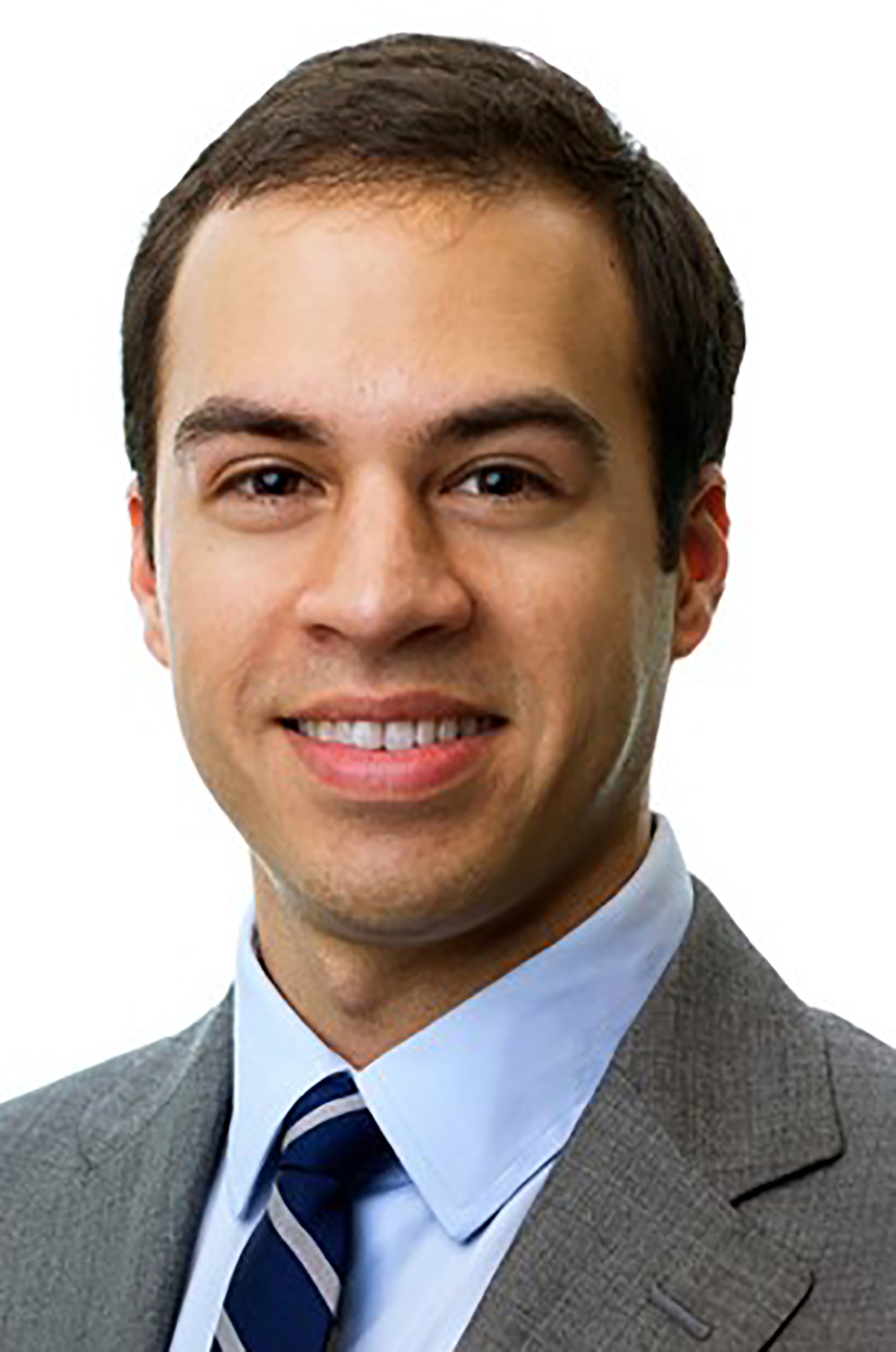
David Thylur was awarded the Wellborn fellowship to further his research in psychoneuroimmunology, investigating the interaction between the immune system and schizophrenia. He used the funds to further his knowledge and develop expertise in the innovative technique of adaptive immune repertoire analysis which is a powerful method used to explore how the breakdown of B cell tolerance contributes to human disease. Dr. Thylur is using this technique to study how B cells participate in the development of schizophrenia.
2020
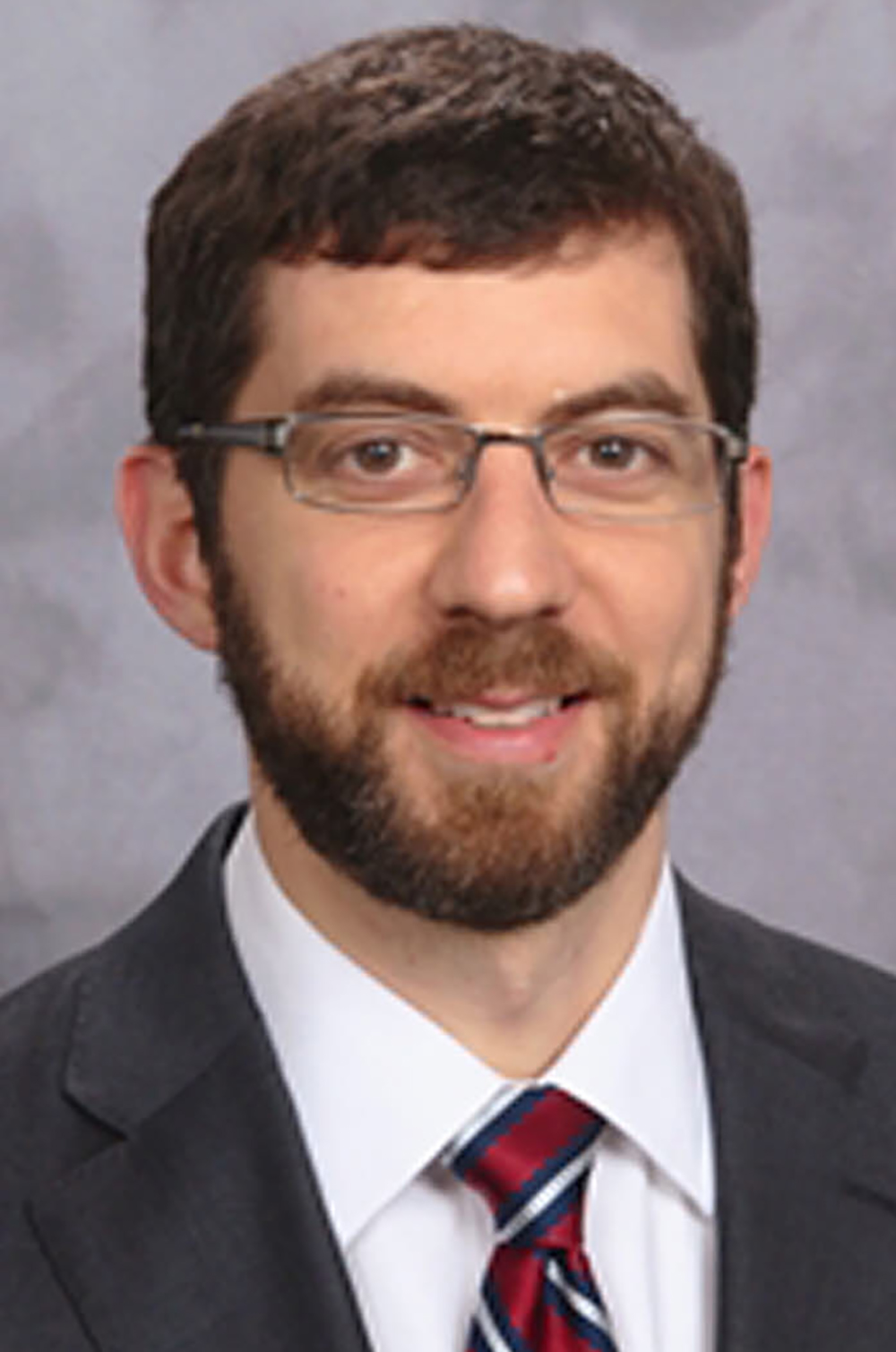
Trygve Dolber was awarded the Wellborn fellowship as part of the Emory’s global health track and had planned to work with psychiatry residents in Ethiopia. Part of his work was to target resident wellness using group psychotherapy, and to this end, he participated in the American Group Psychotherapy Association’s course on the core principles of group psychotherapy, which took place both online and then at their annual conference in New York City. Although his trip to Ethiopia was cancelled in the context of the COVID-19 pandemic, Dr. Dolber was still able to benefit greatly from an immersive experience in group psychotherapy training, which he plans to apply throughout his career in psychiatry and population health.
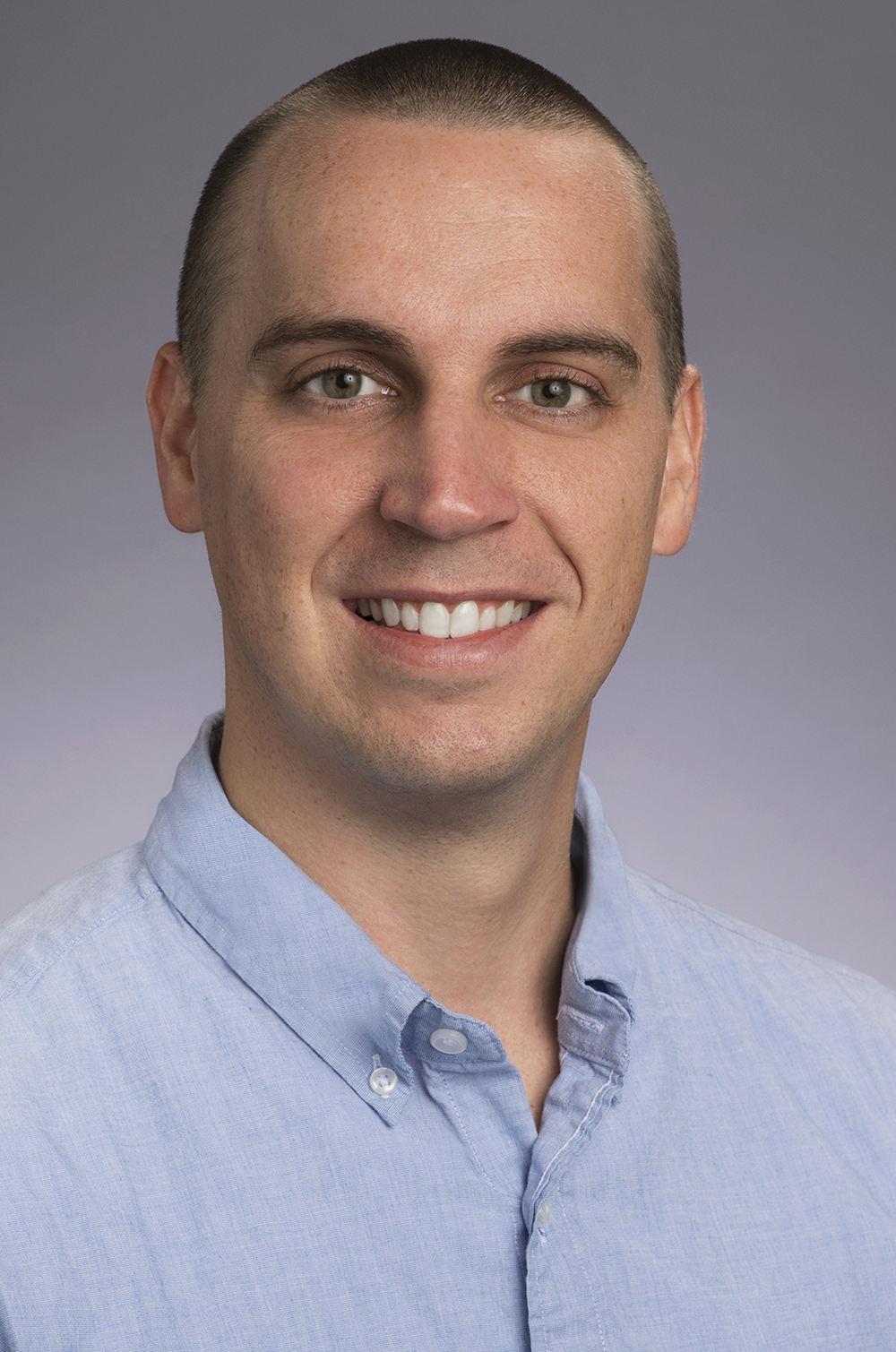
Joseph Vinson was awarded the scholarship to attend the experiential training retreat at the Existential-Humanistic Institute. Unfortunately, the training was postponed due to the pandemic, but he hopes to attend at a later date. The Existential-Humanistic Institute's Experiential Retreat Training Program is a 6-day experiential retreat held at a ranch in California for licensed professionals and graduate students in psychology or counseling. It involves training based around two fundamental components of the Existential-Humanistic therapy tradition: building the therapeutic relationship and working in the "here and now."
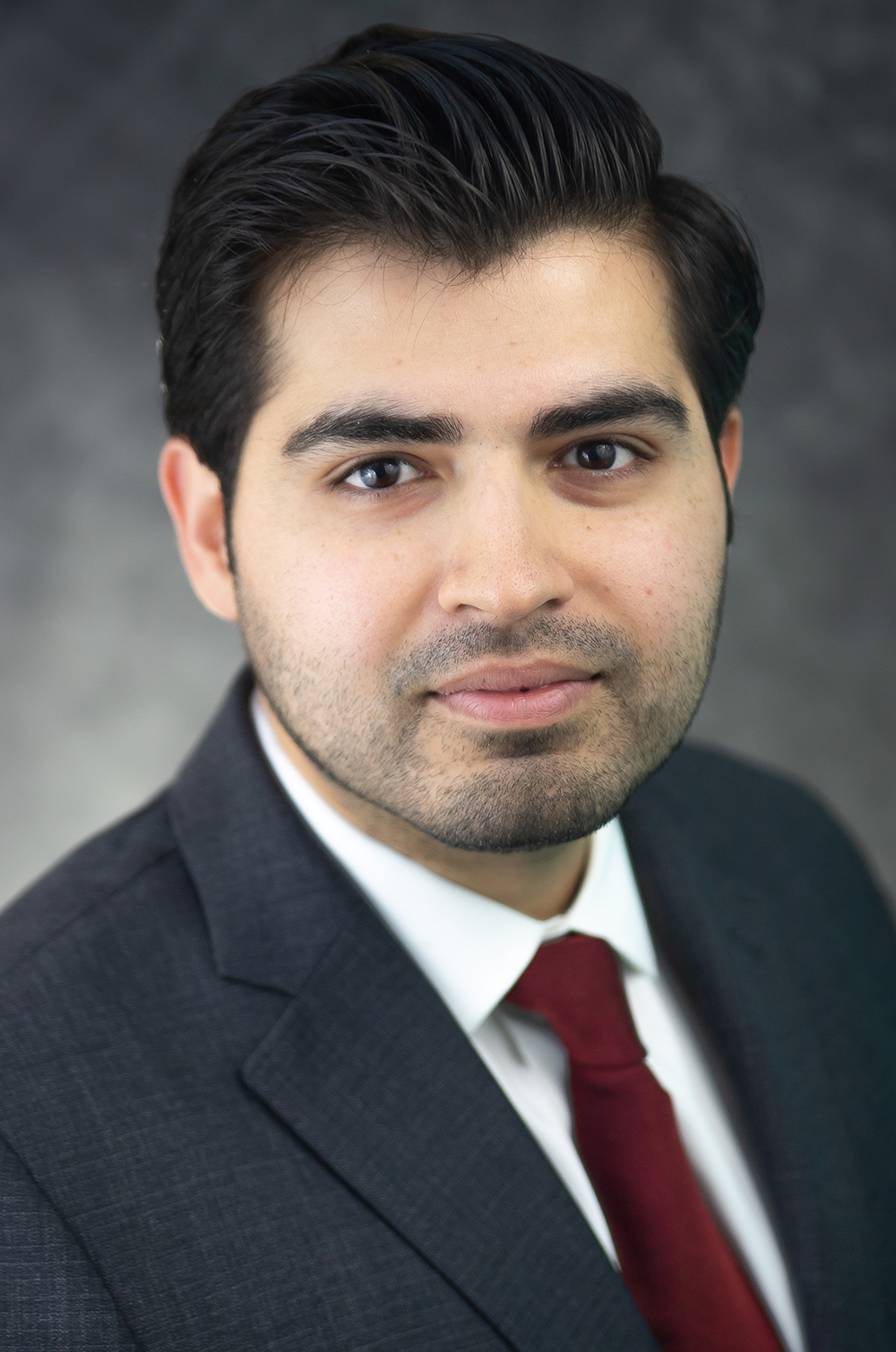
Umair Janjua was able to complete the Emory Executive Coaching Diploma Program at Emory's Goizuetta Business School in order to gain skills in executive coaching. The opportunity provided insights into a niche field and Dr. Janjua plans to implement a coaching practice post-graduation. In addition, he plans to work with Dr. Eric Stanshine and Dr. Rick Gilkey to implement an executive coaching/change management track within the residency program in the near future.
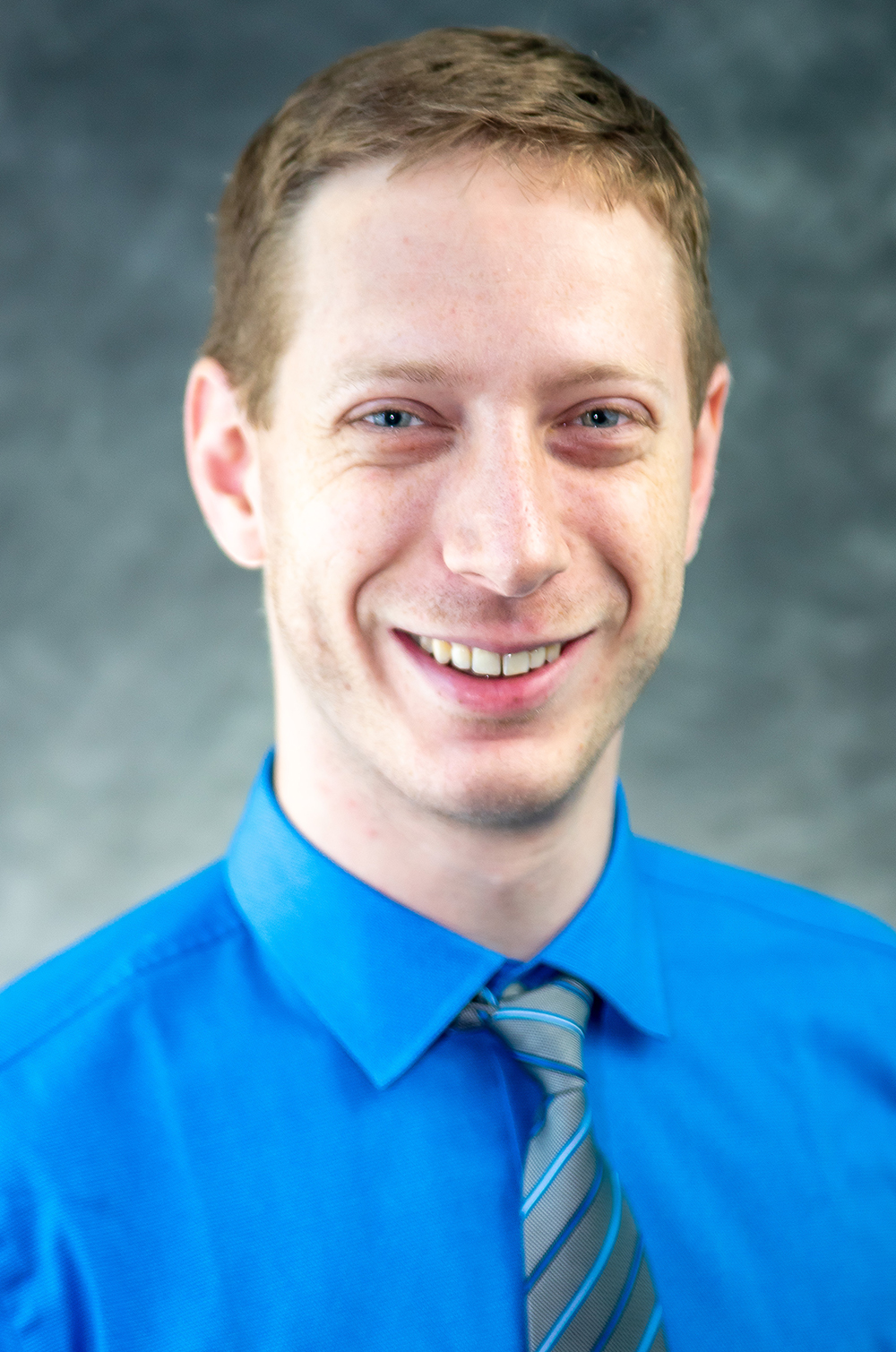
Utilizing the scholarship, Eric Stanshine also completed the Emory Executive Coaching Diploma Program at the Goizuetta Business School in conjunction with the psychoanalytic institute. This allowed him to gain insight and skills in executive coaching which were applicable to psychotherapy. Dr. Stanshine plans to use the knowledge in psychotherapy and also start a coaching practice. Also, he hopes to further work with Dr. A. Umair Janjua and Dr. Rick Gilkey to create an entrepreneurial psychiatry track incorporating executive coaching, change management, administrative principles, and innovation within the residency program in the future.
2019
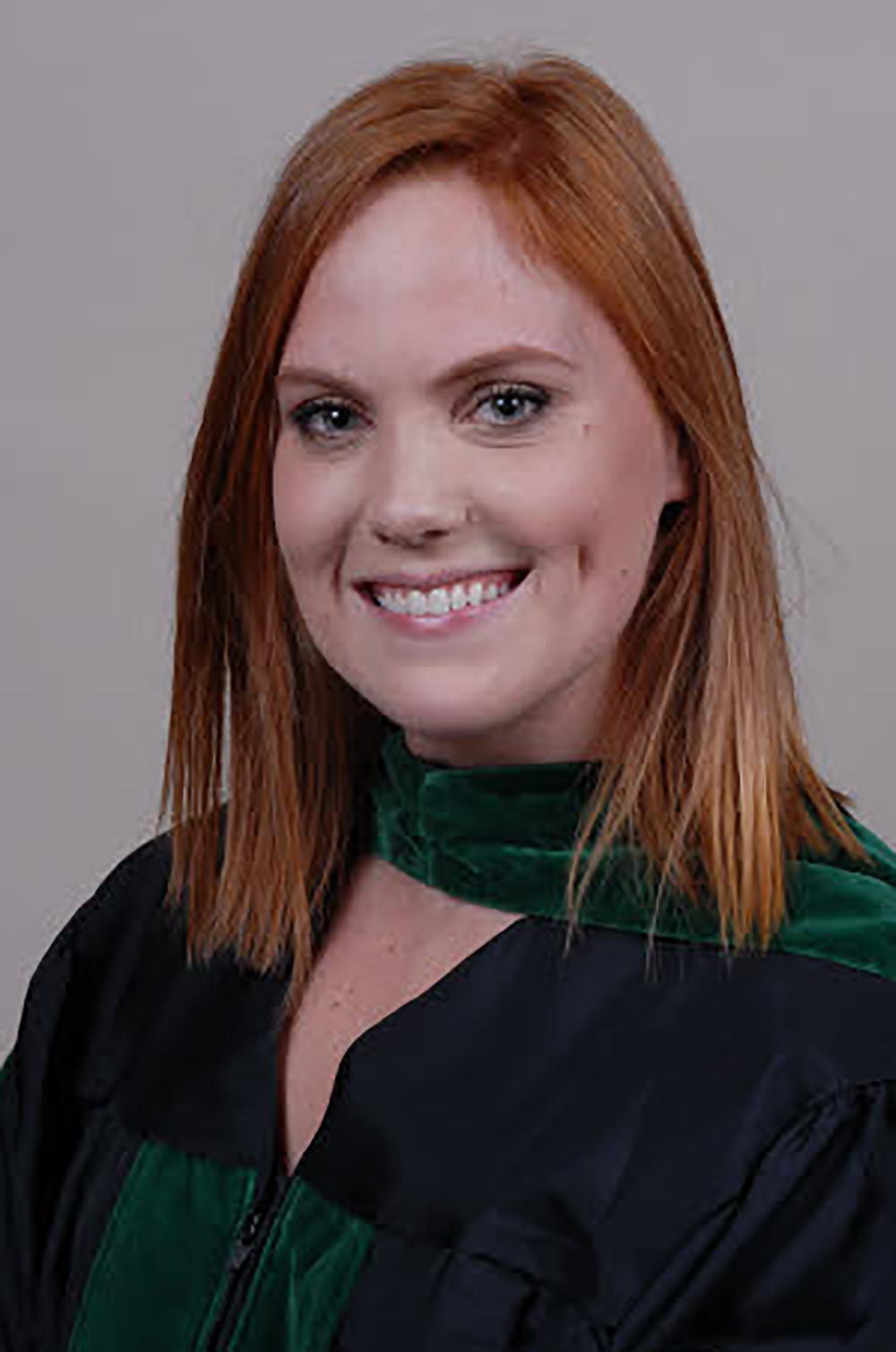
Dr. Elizabeth McCord utilized her Wellborn Fellowship funds to travel to Addis Ababa, Ethiopia, in partnership with the Emory Global Health Residency Scholar's Program. Dr. McCord provided many lectures for the psychiatry residents at St. Paul's Millennium Medical College and served as a supervisor in the outpatient clinic and at the Amanuel Psychiatric Hospital. Dr. McCord also met with faculty from Addis Ababa University at Black Lion Hospital to discuss research and clinical collaborations.
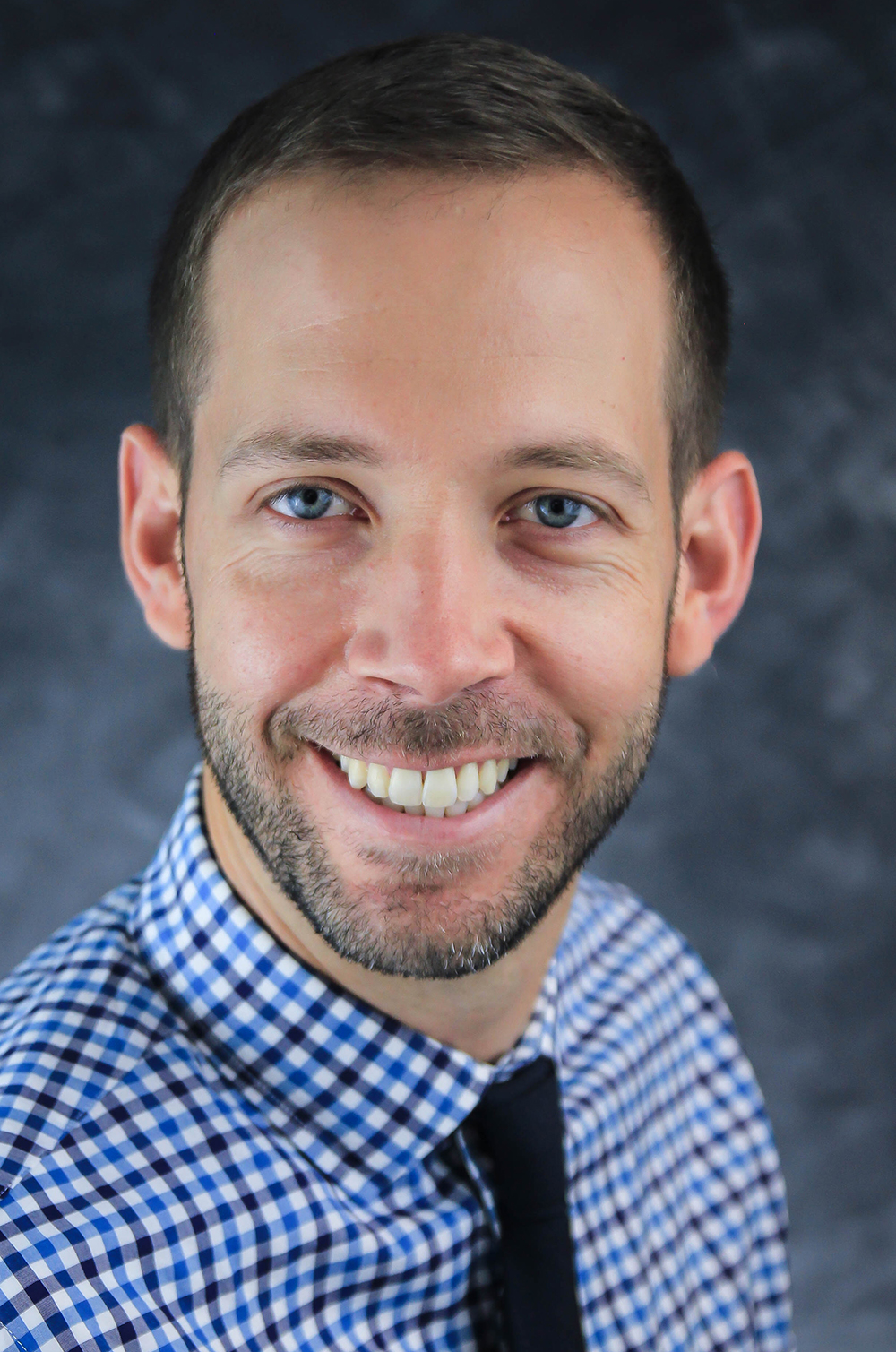
Dr. Justin Palanci has been involved in the Grady Open Dialogue and First Episode Psychosis Program. His Wellborn funds were used to support his second year of training in dialogic practice at the Institute for Dialogic Practice through their International Certification Training program. The goal of the Open Dialogue model is to enhance engagement with patients and their families, promote shared decision making, and increase autonomy for the patients. After the 3-year course, Dr. Palanci was certified as a dialogic practitioner and a trainer in the approach.

